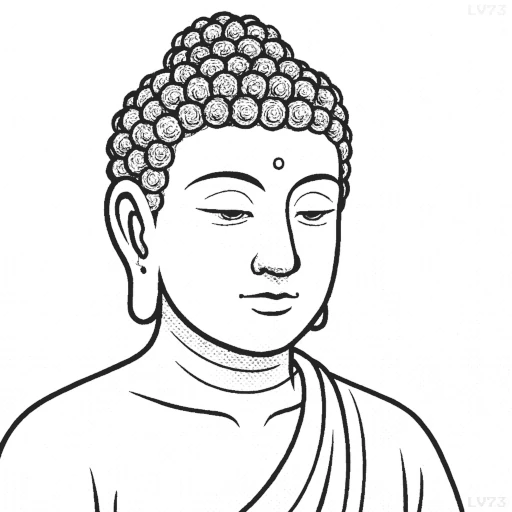“The only real failure in life is not to be true to the best one knows.”

- 7th century BC to 5th century BC
- Indian
- Religious leader, thinker
table of contents
Quote
“The only real failure in life is not to be true to the best one knows.”
Explanation
This quote emphasizes that failure is not defined by external achievements or setbacks, but rather by not living in alignment with one’s own values, knowledge, and potential. It suggests that the true measure of success lies in being true to oneself and acting in accordance with the wisdom and principles one understands, regardless of the external outcomes. The failure, therefore, is in ignoring or abandoning the higher truths and moral compass we hold within ourselves.
In modern life, this quote encourages authenticity and integrity in all aspects of our existence. Whether in career choices, relationships, or personal development, acting in accordance with one’s true values is what leads to long-term fulfillment. For example, someone who chooses a path that aligns with their core beliefs, even if it’s less conventional, may find deeper satisfaction and purpose, as opposed to living a life driven by external expectations.
Historically, Buddha’s teachings on truthfulness and self-awareness support this idea. Buddha believed that personal truth and alignment with one’s inner wisdom were central to achieving enlightenment. Failing to live true to oneself, he suggested, leads to suffering and confusion. The journey towards inner peace and freedom involves consistently being true to what one knows to be right, regardless of the external world’s judgments or obstacles.
Would you like to share your impressions or related stories about this quote in the comments section?


